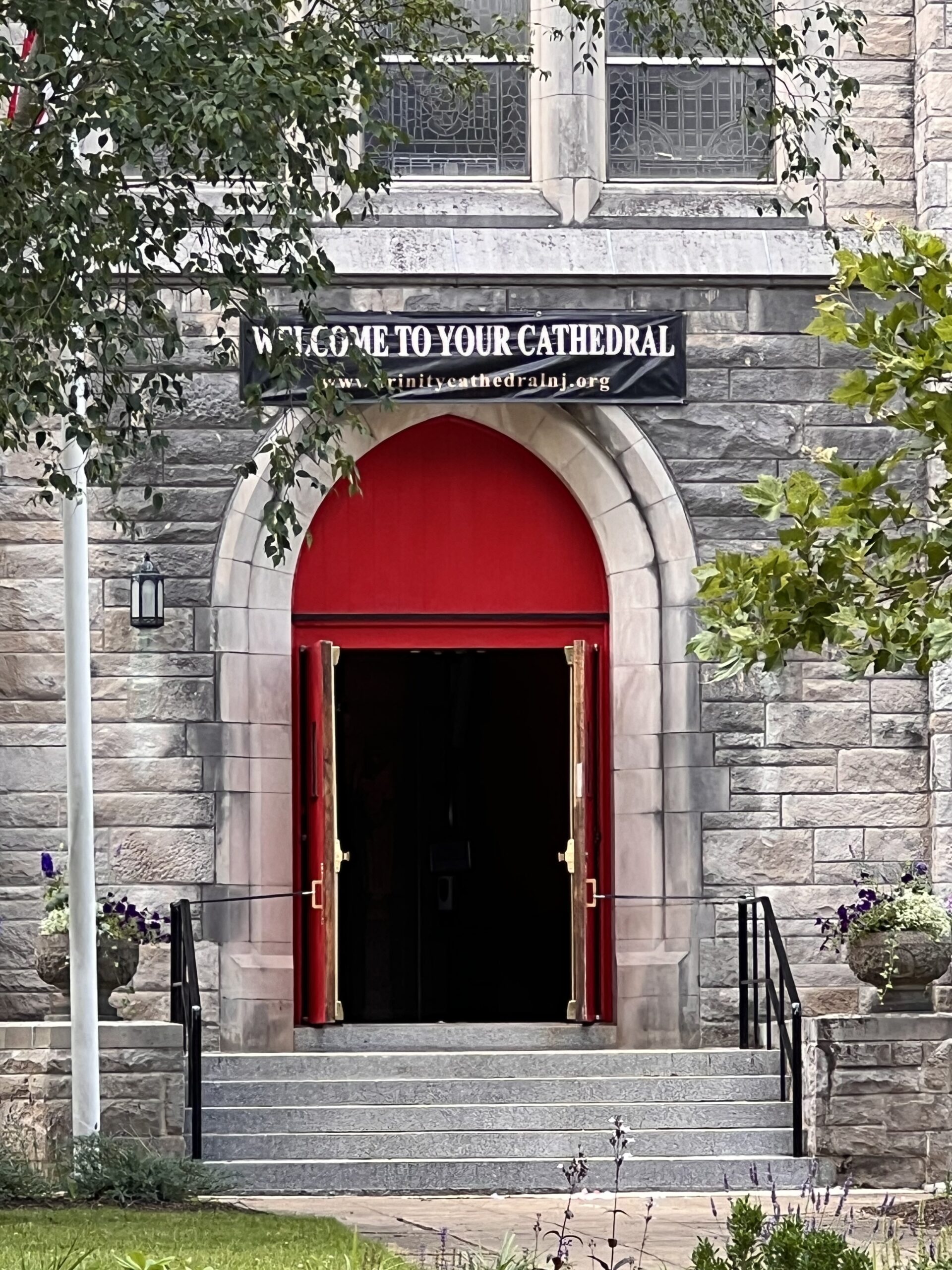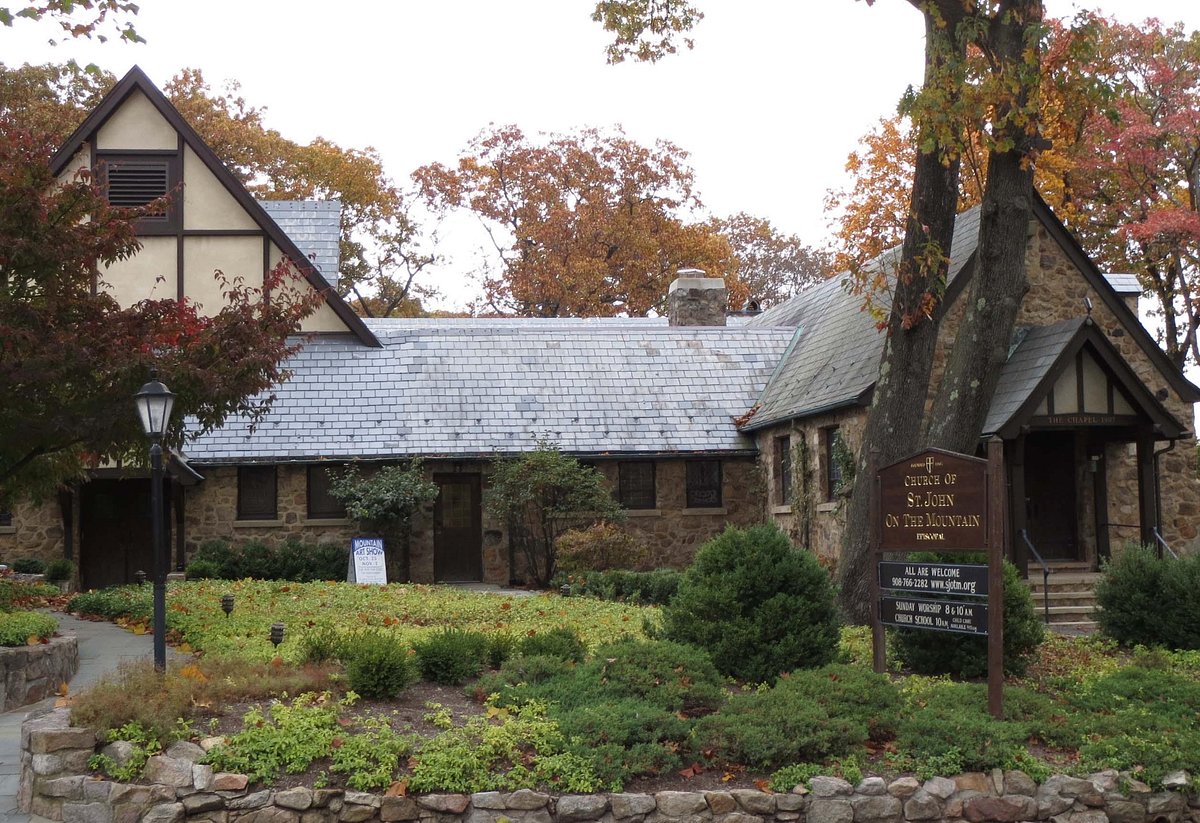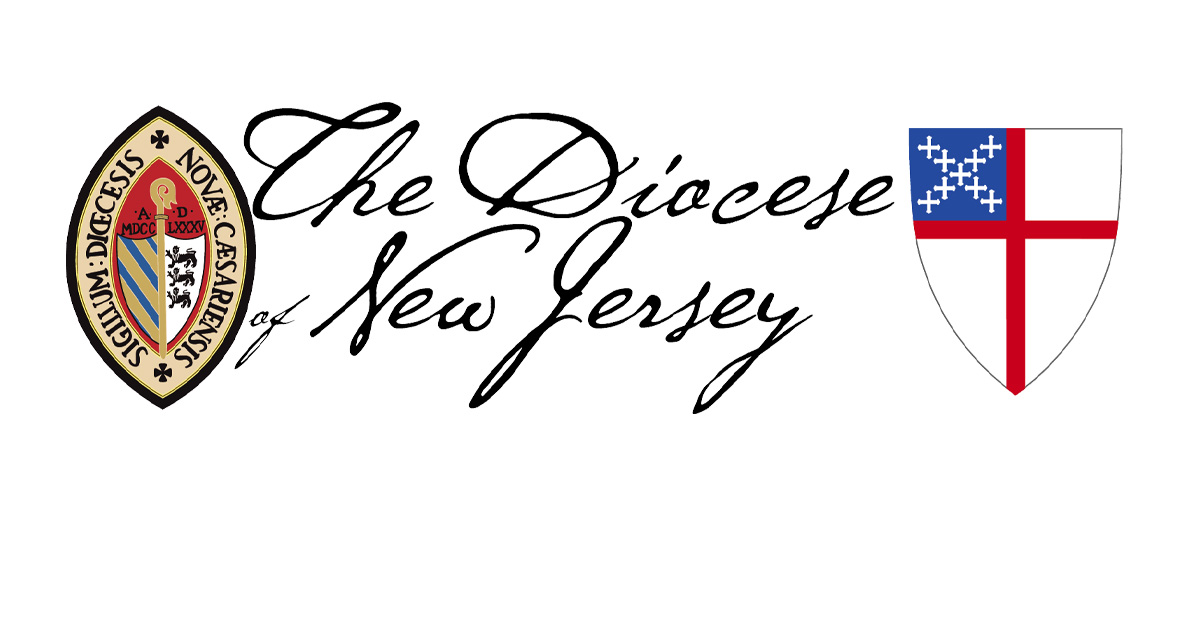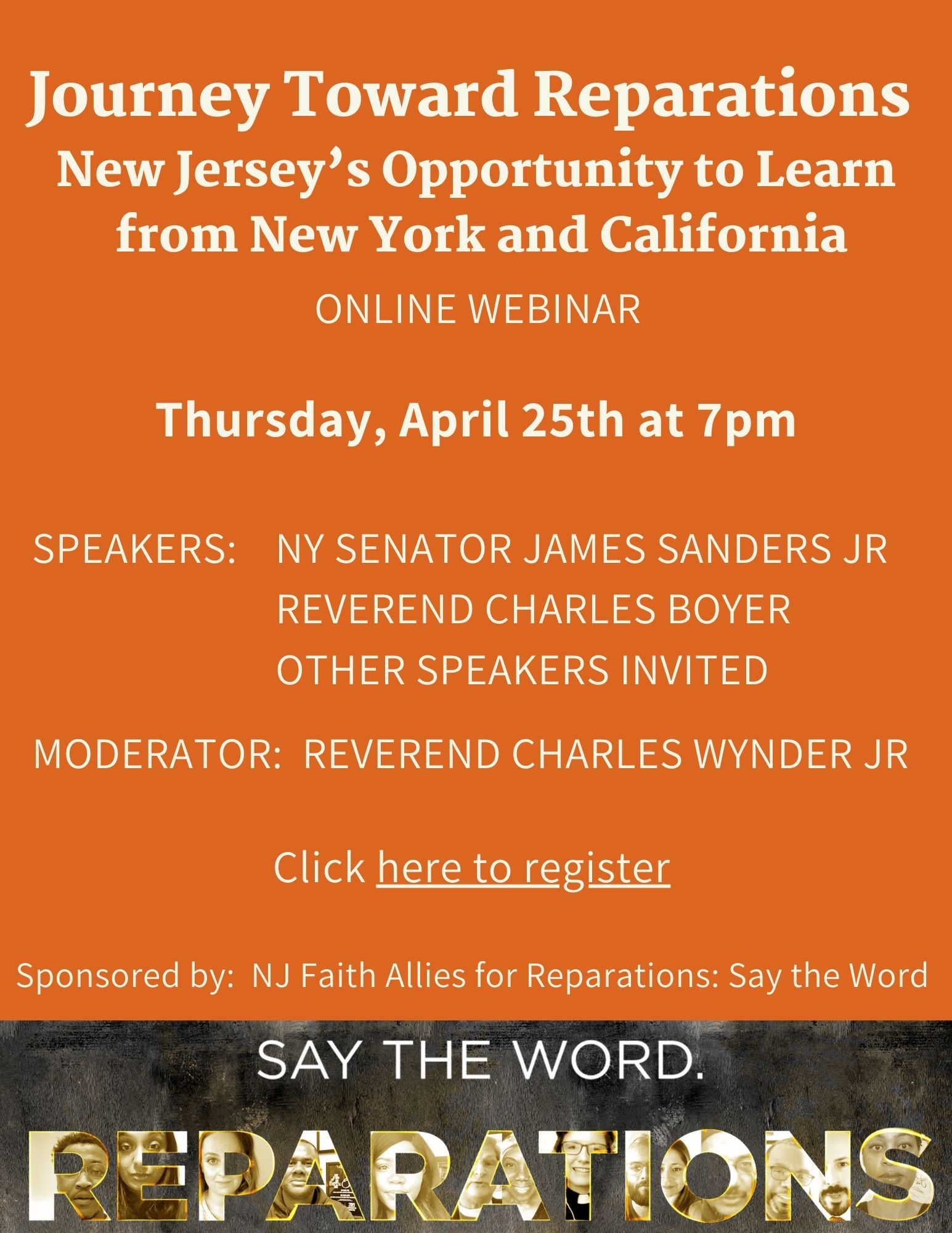Here, you will find a breakdown of what goes into an audit report, and start-to-finish descriptions of each step and item.
Contents of an Audit Report
a. The Audit Committee Certificate;
b. The Statement of Financial Position;
c. The Statement of Activities;
d. The Statement of Cash Flows;
e. Footnotes to the Financial Statements;
f. Completed Audit Program Checklist;
g. The Audit Committee Findings on Policies and Procedures; and
h. A corrected parochial report as a result of audit adjustments, if applicable.
Pre-Audit Planning
– Obtain a preliminary understanding of the accounting systems (both manual and computer) that generate significant financial statement items and of related principal internal accounting controls.
– Obtain a copy of the previous audit complete with the Committee Audit Findings on Policies and Procedures.
– This provides a firm set of starting balances which may differ from the Treasurer’s reports.
– It will also offer the chance to check on the progress of corrections of management control deficiencies, an important part of the teaching process.
Vestry Minutes
– Obtain copies of the minutes of the Vestry meetings for the period under examination.
– Minutes of any committee authorized to receive and disburse monies.
– Election of officers
– Compensation of personnel
– Bonding of the treasurer
– Budget approvals
– Contracts entered into
– Items purchased
– Monies borrowed
– Purchase and sale of securities
– Resolution confirming clergy housing allowance for tax purposes, etc.
– This should be done before the actual examination of any accounting records.
– You may need to see the minutes of the previous year if they contain authorizations for expenditures in the year being audited.
Financial Statements and Procedures
– Obtain a copy of the annual financial statements as prepared and presented by the treasurer.
– Review the procedures being used to account for church monies. Identify by name and position the individuals with responsibility for financial operations and decisions and verify with them that all the funds of the congregation are included in the statements.
Basis of Accounting
Accrual Basis
–Required by GAAP
–Noted in the Manual of Business Methods as the “preferred method” for congregations and required for dioceses
–Revenues are recorded when earned and expenses are recorded when incurred
–Not widely used by congregations due to complexity of regulations and inapplicability in many areas
Cash Basis
–“Other Comprehensive Basis of Accounting (OCBOA)”
–Noted in the Manual of Business Methods as “an acceptable method for use by congregations”
–Revenues are recorded when received and expenses are recorded when paid
Modified Cash Basis
–Manual of Business methods states: “The Cash Basis may be modified to accrue some, but not all, activities or to record depreciation.”
–This is the most commonly used method among congregations
–Most common accrual items are receivables and payables
The most critical aspect of basis of accounting is that whatever method you choose be consistently applied from year to year. This is especially important in the Modified Cash Method. Once you’ve decided what modifications you want to make, don’t add more or remove them without appropriate notification.
If you have a valid reason to change your method, make sure that the change and the reasons for it are clearly and thoroughly communicated, and the comparative effect noted in the year of change.
Accounting Records
– Identify all bank accounts and authorized check and withdrawal signers, including those under separate treasurers.
– Request that all accounting records of all funds be presented together including:
– Chart of Accounts and Organization Chart
– General Ledger
– Cash Receipts Journals
– Cash Disbursements Journals
– Bank Statements including canceled checks
– Paid Invoices
– Individual payroll records including Forms W-4 and I-9
– Passbooks and evidence of other investments
– Pledge Records by individual and total
Receipts
– The following should be reviewed:
– Plate offerings
– Pledge receipts
– Contributions from congregation organizations
– Contributions from the Dioceses
– Investment and endowment income
– Restricted income
– In general: All should be traced to the cash receipts journal and cash receipts records.
– All cash receipts records should be traced to duplicate deposit slips or bank statements to ascertain that these receipts are deposited intact.
Pledge Receipts
– A minimum of 10% of the individual pledge records should be tested for accurate total and balance.
– The pledge receipts of the congregational personnel involved in money transactions should always be reviewed.
Disbursements
– Tests are to be made to satisfy that disbursements have been accurately classified, and that invoices supporting the disbursements have been properly approved and canceled or marked “PAID”.
– All disbursements should be compared to budgeted amounts and material variances should be explained.
Testing Disbursements
– A minimum of 10 percent of postings should be traced. Results will indicate if a broader sampling is necessary.
– Test the disbursements to invoices as follows:
– Compare invoices with the recordings in the cash disbursements journal for a sufficient number of items to assure the committee that they are fairly recorded and classified. Comparison should include vendor’s name, date and amount billed.
– Examine invoices for verification signature that the items were received or services performed for a sufficient number of items so the committee may be satisfied that goods and services were acknowledged by a person authorized to do so.
– Check the arithmetic on invoices and vendors’ monthly statements for a sufficient number of items to assure the committee that invoiced amounts were properly recorded on the statements.
– Travel and business expense reimbursements should be checked to see that they are in accordance with the qualified reimbursement policy of the congregation.
Bank Accounts
– Ascertain the number of bank accounts maintained and the purpose for which each is maintained.
– Examine the canceled checks* for:
– Authorized signature(s)
– Proper endorsement
– Comparison with the cash disbursements journal for proper recording of payee and amount.
* Banks no longer provide canceled checks, but images may be available via computer.
– Account for all voided checks.
– Outstanding checks from the previous period should be examined to determine proper bank clearing and amount. Any check outstanding for a period longer than three months from the balance sheet date should be questioned for satisfactory explanation.
– Verify bank balances at the end of the period being audited and should check that the closing cash amount is correctly stated.
– Determine whether transfer of funds occurred between bank accounts near the date of the Statement of Financial Position. Determine that the transfers were recorded in the books in the same accounting period and that any transfers not recorded by the bank in the same accounting period appear in the appropriate bank reconciliation.
Investments
– Obtain or prepare a list of securities owned showing:
– The description of each security
– The serial number of bonds or securities
– The denomination of each security or its par value
– The interest rate of each bond
– The cost of each security and the amount recorded on the books
– The interest and dividends received during the year
– The market value of each bond or security as of December 31 of the year being audited
– Review the investment summary for reasonableness, consistency of amounts between years and obvious omissions.
– Compare the securities listed with ledger accounts and/or with the statement. Whenever practicable, serial numbers should be compared with records of security purchases or gifts in order to obtain positive identification and to avoid the possibility of substitution.
– Examine securities listed or obtain confirmation from the holders if any are held by depositories. Insure that the securities are registered in the name of the congregation or are endorsed appropriately to be transferable to the congregation. Examine the coupons on bonds to ascertain that unmatured coupons are intact.
– Examine all transactions for verification of acquisitions and disposition.
– Trace acquisitions to disbursement records and sales (dispositions) to receipts records.
– Examine broker statements and compare with investment ledger where applicable.
– The auditor should be satisfied that the securities are being adequately safeguarded.
– Examine securities for ownership, certificate number, dates, endorsements, assignments, etc.
– Verify any income that has not yet been distributed.
– Determine, by reference to dates of purchase and disposal of investment, interest rates and published dividend records, whether income earned and accrued income receivable have been appropriately recorded.
Restricted Funds
– Obtain or prepare a list of restricted funds showing:
– The source and date;
– Terms governing the use of principal and income;
– To whom and how often reports of condition are to be made, and
– How the funds are to be invested.
- Examine the donor letter, or trust or agency agreement, for each new gift and contribution received during the fiscal year.
Restrictions come about when a donor imposes a stipulation on a gift that limits its use to a specified purpose.
If a local church accepts a gift which can be used only for a specified purpose, that gift must be accounted for separately from gifts given to the organization in furtherance of its general purposes, such as money dropped in the plate on Sunday morning.
The reason why you should care about the importance of accounting separately for restricted assets is that if they are used for purposes other than the one (or more) specified, the donor (or an heir of a deceased donor) may be entitled by law to ask for return of the gift, even years later.
You bet. Suppose member Jane Doe gives $10,000 (hallelujah!) and simultaneously delivers a letter that her gift is to be used to help buy a new piano. If the gift is accepted, the $10,000 would be a restricted gift to be accounted for in the church’s records as a restricted asset.
Jane’s letter should be kept in the church’s financial records and the money spent only to buy a new piano.
Here’s a second example. Suppose member Jack Roe gives $100,000 (thanks, Jack!) and writes to say that his gift is to be invested and the income from it used to buy music for the music program.
The $100,000 is a restricted asset also.
Designated Funds
Designated assets are those assets that have been voted by the local church’s governing board, such as its church council or equivalent body, to be used for a particular purpose.
For example, suppose the board decides this fall to set aside from money on hand the amount of $5,000 to send five persons next year to an appropriate seminar on making disciples. Following the vote, the $5,000 should be reported as a “designated” asset.
Because the stipulation for its particular use was made by the church itself, that stipulation (or designation), can be changed by the action of the body that put it in place. There is no third party involved as in the case of the receipt of restricted gifts. Next year, if the board decides the $5,000 can be better used for some other purpose, such as to buy a new van, for example, it can vote to apply the money for that purpose.
For that reason, these types of designated funds are still considered to be “unrestricted”.
Loans
– Obtain or prepare a schedule of all loans to include:
– The name of the lending institution
– The date or origin
– The original amount of loan
– The interest rate and payment schedule
– The monthly payment
– The unpaid balance
– The purpose of loan
– The authorizing body
– The collateral for the loan
– The restrictions placed by the lender
– Review balances for reasonableness, consistency of amounts between years and obvious omissions.
– Determine that any loans from the year being examined had the proper authorization and were recorded in the minutes of the Vestry or mission committee.
– Verify, by direct communication with any lender, the outstanding indebtedness at the year-end as well as the terms of the indebtedness.
– Reconcile the unpaid balance of all loans as reported by the congregation records to the figure reported by the lending institutions.
Property and Equipment
– Obtain a list of fixed assets of significant amounts showing the cost and date of purchase, if known.
– Review balances for reasonableness, consistency of amounts between years, and obvious omissions.
– Examine all the deeds and titles of ownership related to the properties owned by the congregation. Review them for the proper recording of the name of the owner and to determine if any encumbrances or liens exist.
– Determine if any inventory identification procedure is in effect.
– The congregation must have a physical inventory of capital assets. A sampling test of this inventory is to be made by the committee.
– Ensure that all property and equipment is adequately insured.
– If depreciation of property is recognized, review entries for accuracy.
Payroll Records
– Examine the individual earnings records for name, address, social security number, number of exemptions, rate of pay, and effective date.
– Ensure that the salary paid is authorized and proper by comparing with the amount budgeted.
– Trace the individual earnings record postings to the check register.
– Reconcile total wages paid and total withholding taxes with the quarterly Form 941 and end-of-year Form W-3, checking that they were remitted on time.
– Determine if a current signed Federal Form W-4 and a Form I-9 is on file for each employee.
– Determine if a Form W-2 has been given to each employee (including the clergy) and that the Forms W-2 are correct and properly filed.
– Determine if Forms 1099 are being provided for all individuals who are not employees and unincorporated entities paid $600 or more annually and all recipients of educational scholarship funds of $600 or annually.
– Test the payroll to be sure that a real employee exists for every payroll check written.
Receivables and Payables
– Prepare a schedule of accounts receivable as of the date of the Statement of Financial Position.
– These may include pledge payments which were made after the end of the year in which the money was pledged.
– Prepare a schedule of accounts payable as of the date of the Statement of Financial Position.
– These may include monies owed by the congregation to vendors at year-end for goods and services received during the year being audited.
– Discuss with the treasurer any old or disputed payables.
Insurance
– A schedule should be prepared listing the name of carrier, description of coverage, period of insurance, premium amount and date of premium payment for the following policies which the committee is to review:
–Fire insurance on buildings and equipment
–General Liability (Public Liability and Property Damage)
–Burglary
–Fine Arts
–Malpractice
–Worker’s Compensation
–Fidelity Bond
–Automobile coverage on cars owned by the congregation
–Non-ownership liability insurance for cars owned by others when used for congregation business
–Directors’ and Officers’ Liability
–Umbrella Liability
–Other special policies held by the church
Discretionary Fund
– The discretionary fund is in the congregation‘s name
– The congregation’s Federal Employer’s Identification Number is the number used to identify the account at the bank
– That the fund has not been used for operating fund expenses or for the personal expenses of the clergy.
– If a separate checking account has been authorized, all monies for the discretionary fund must pass through the congregation’s general bank account and subsequently a check should be written to transfer the monies to the separate discretionary fund checking account.














